[dropcap]P[/dropcap]resident Uhuru Kenyatta’s low key return to the country on Sunday night after attending this year’s Forum on China-Africa Co-operation (FOCAC) in Beijing is the classic tale of a leader between a rock and a hard place.
The president’s return comes at a time when the political class and the media have already set the agenda; the issue being the rise in fuel prices.
As it stands, all Kenyans’ eyes are trained on him to see what course of action he takes amid public outrage over the matter. He has two options; to succumb to public pressure and sign the Bill into law or send back the Bill to Parliament with recommendations.
It is a tough balancing act for the president who has in the recent past been meeting world leaders for bilateral talks and drumming up support for his Big Four Agenda.
If he signs the Bill, he risks sending the country into the bad books of the International Monetary Fund (IMF), which has put into question the country’s credit worthiness due to the ballooning public debt which stands at a mind-ruffling Ksh5.1 trillion.
In 2015, the government entered an agreement with the International Monetary Fund (IMF) to raise funds internally after the institution raised the red flag over the government’s borrowing appetite and budget deficits. The agreement allowed Kenya access to a standby credit facility which the country can draw in the event of financial distress.
That facility is yet to be renewed and the decision depends of generating revenue from internal taxes and repealing the cap on bank interest rates, which MPs also shot down. MPs want the 16% fuel tax VAT put on hold for a further two years.
The other option isn’t pretty either; if he sends it back to Parliament, he will be inviting the public’s fury which until now, has been directed at Treasury Cabinet Secretary Henry Rotich.
The issue has united Kenyans across the political divide, a scenario that does not look pretty for the Jubilee administration.
The government has been under immense pressure to raise revenue to finance the Ksh2.7 trillion budget amid a shortfall of Ksh530 billion in collections by the taxman.
The government is seeking to raise Ksh 71 billion from taxing the petroleum products, attempts which have been termed as insensitive to the common man by politicians and experts.
READ ALSO: IMF TO BLAME FOR RISE IN FUEL PRICES
On September 6, the High Court sitting in Bungoma suspended the tax pending presidential assent or sending back of the bill to parliament. Orders which the government has defied.
“We have not been served with the order. If we are served we shall comply but the order is mainly on the National Treasury,” said Energy Regulatory Commission (ERC) Director General Pavel Omieke in a statement on September 10.
A crisis meeting between Rotich and the parliamentary leadership over the fuel tax on September 6 ended without any resolutions.

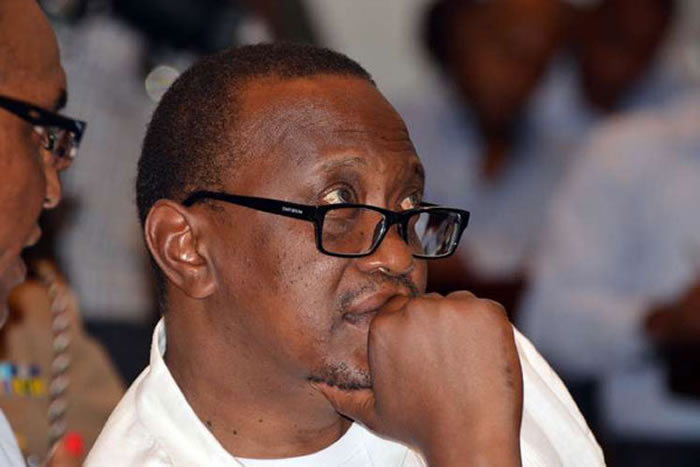


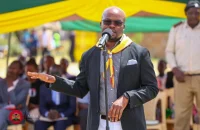

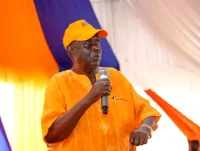
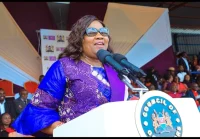



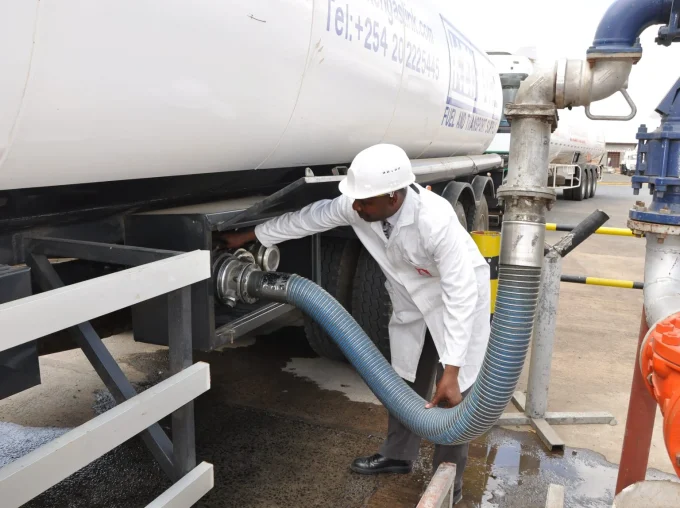

2 Comments